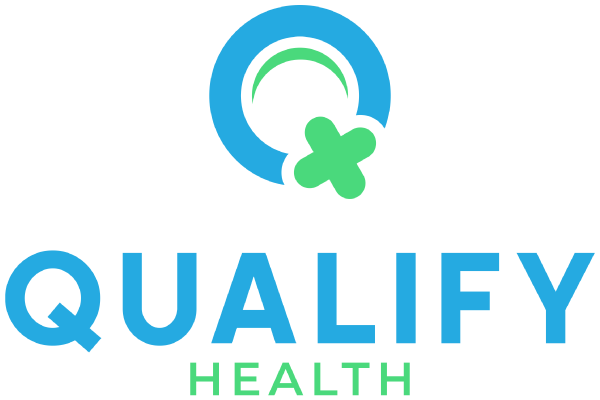A Critical Look at Existing Programs and Proposals
The United States remains plagued by persistent health inequities, with racial and ethnic minorities disproportionately experiencing poorer health outcomes. Despite the Affordable Care Act’s (ACA) significant strides in expanding health insurance coverage, many gaps remain, highlighting the need for more comprehensive policy solutions.
This blog post critically examines existing programs and proposals aimed at advancing health equity in the United States.
Existing Programs
Several programs currently exist at the federal and state levels to address health disparities:
- Medicaid:
This joint federal-state program provides health insurance coverage to low-income individuals and families. While it has expanded coverage significantly, millions remain uninsured, particularly in states that haven’t expanded Medicaid under the ACA.
- The Children’s Health Insurance Program (CHIP):
This program provides health insurance coverage to uninsured children from low-income families. It has been instrumental in improving access to care for children, but funding shortfalls and eligibility restrictions remain challenges.
- Disparities Reduction Grants:
These grants, administered by the Office of Minority Health, support community-based organizations in addressing health disparities among racial and ethnic minorities.
- Health Center Program:
This program provides funding to community health centers which offer primary care services to underserved communities. These centers have been vital in expanding access to care in underserved areas.
Policy Proposals
Several policy proposals have been put forward to further address health inequities:
Medicare for All:
This proposal would create a single-payer healthcare system in the United States, ensuring universal health insurance coverage for all citizens. Proponents argue it would eliminate financial barriers to care and improve health outcomes for all. However, concerns exist over its cost and potential impact on existing healthcare providers.
Public Option:
This proposal would create a government-run health insurance plan that would compete with private insurers. It aims to provide an affordable alternative for individuals who cannot afford private insurance and potentially lower healthcare costs overall.
Medicaid Expansion:
Expanding Medicaid would provide health insurance coverage to millions of low-income individuals currently without it. This could significantly reduce health disparities, particularly for racial and ethnic minorities who are disproportionately represented among the uninsured.
Investment in Social Determinants of Health:
This proposal advocates for increased funding for programs that address social determinants of health such as housing, education, and food security. Addressing these social factors is crucial for promoting long-term health and well-being.
Addressing Implicit Bias in Healthcare:
This proposal aims to address implicit bias among healthcare providers, which can contribute to disparities in the quality of care received by different racial and ethnic groups. Implicit bias training and cultural competency programs are essential steps towards achieving equitable healthcare delivery.
A Critical Look
While existing programs and policy proposals offer promising solutions, challenges remain. Funding limitations, policy resistance, and administrative hurdles can impede the progress of these initiatives. Additionally, the effectiveness of these interventions needs to be continuously evaluated and monitored to ensure they are achieving their intended goals.
The Path Forward
Advancing health equity in the United States requires a combination of policy solutions, addressing systemic inequities, and investing in social determinants of health is crucial to ensure everyone has the opportunity to achieve optimal health and well-being.
It is vital for individuals, communities, and policymakers to engage in ongoing dialogue and action to promote health equity. Engaging with elected officials, advocating for policy changes, and supporting organizations working to address health disparities are all ways to contribute to a healthier and more equitable future for all.
Learn How Qualify Health Can Help
Qualify Health is an organization that prides itself in promoting health equity and impacting health disparities. By partnering with hospital systems, cancer treatment centers, specialty pharmacies, and physician offices, Qualify Health provides innovative patient financial advocacy solutions to minimize the financial burden on patients with chronic and life-changing illnesses. Patient Financial Advocacy solutions, like those provided through Qualify Health, are essential to improving all people’s overall health and well-being, regardless of socioeconomic status.
By implementing changes, we can create healthier communities and improve the quality of life for everyone.
For more information about Patient Financial Advocacy Solutions, contact Qualify Health at (888)770-7191.

